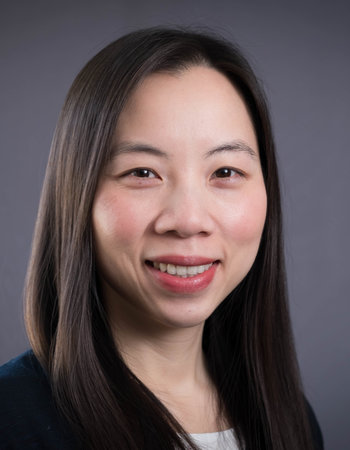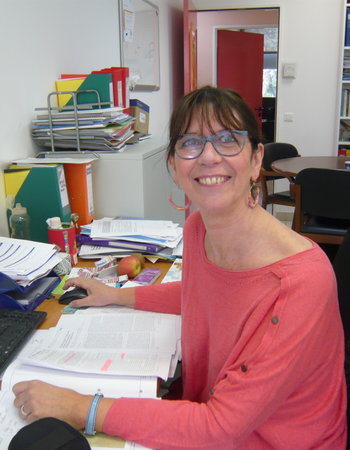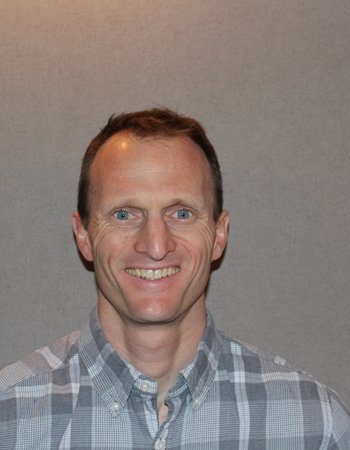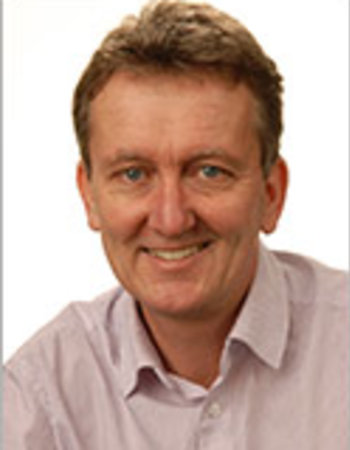Plenary Speakers

Prof. Aimy Bazylak
Aimy Bazylak is a Professor in Mechanical & Industrial Engineering at the University of Toronto. She is the Tier II Canada Research Chair in Thermofluidics for Clean Energy. From 2015-2018, she served as the Director of the University of Toronto Institute for Sustainable Energy (ISE). In 2008, she received the inaugural Bullitt Environmental Fellowship for leadership in the environmental field. She was awarded the I.W. Smith Award for Outstanding achievement in creative mechanical engineering within 10 years of graduation (2011) and the Ontario Ministry of Research and Innovation Early Researcher Award (2012). In 2014 she became a Fellow of the Canadian Society for Mechanical Engineering, and in 2015 she was named a Fellow of the Alexander von Humboldt Foundation. Her main research interests are polymer electrolyte membrane (PEM) fuel cells, PEM electrolyzers, multiphase transport in porous media and regenerative medicine
Title of the talk: Multiphase transport in gas diffusion electrodes for fuel cells and electrolyzers: Modelling, imaging, and design

Dr. Elisabeth Lojou
Elisabeth Lojou is an electrochemist, with main research focus on the functional immobilization of redox enzymes on nanostructured electrochemical interfaces. Her aim is to understand the molecular basis for the oriented immobilization of enzymes on electrochemical interfaces favoring fast electron transfer process. She developed original electrochemical interfaces for catalytic reduction of metals by cytochromes, as well as for catalytic transformations of H2 and O2 by hydrogenases and multi copper oxidases respectively. Recently she designed the first high temperature H2/O2 enzymatic fuel cell. Elisabeth Lojou obtained her degree in engineering from the National School of Chemistry, Rennes, France in 1985 and PhD degree from Paris XII University in 1988. In 2003 she was accredited to supervise research in chemistry by Aix-Marseille University. After a post-doc position in SAFT-Leclanché Company, Poitiers, France and several positions at National Center for Scientific Research (CNRS) she became a research director of CNRS, leading the group on “Biomimetic and biofunctional interfaces”. She is also Vice-President of Electrochemistry Division of French Chemical Society, as well as a vice-chair of the International Society of Electrochemistry, division Bioelectrochemistry. She authored and co-authored 95 publications and 2 patents.
Title of the talk: How can gas-diffusion electrodes leverage enzymatic fuel cells performance

Prof. Marian Chatenet
Marian Chatenet graduated as an engineer in materials sciences and a master in electrochemistry in 1997 from the Grenoble Institute of Technology (Grenoble-INP). He defended his PhD in Electrochemistry in 2000 (Grenoble-INP) and then moved to the University of Minnesota until 2002 as a post-doctoral fellow in chemical engineering. He was appointed associate professor in Grenoble-INP in 2002, as a teacher in electrochemistry and a researcher in electrocatalysis, and is now professor in the same institute (since 2011). His research topics deal with electrocatalysis of complex reactions and activity/durability of electrocatalysts, in particular for application in low-temperature fuel cell or water electrolysis. Within this scope, his emphasis lies on systems operating in alkaline environments (alkaline fuel cells, direct borohydride fuel cells or alkaline electrolyzers). So far, he has published (in September 2018) 8 book chapters, 143 publications in peer-reviewed journals, 5 patents and gave ca. 200 communications in (inter)national conference (35 invited) and 40 invited seminars.
Title of the talk: Durability of carbon-supported nanostructured electrocatalysts in alkaline environments: more noble is not necessarily more stable!

Dr. Felix N. Büchi
Felix N. Büchi received his PhD in the area of fundamental electrochemical electrode processes in 1989 from the University of Berne. After a postdoctoral fellowship at Deakin University in Geelong, Australia, he started work at Paul Scherrer Institute (PSI). Since 2002 he heads the Fuel Cell Systems and Diagnostics Group. His current work focuses, on two phase transport and structure-property correlations of porous materials and the development of in-situ characterization techniques based on X-ray imaging for low temperature fuel cell and water electrolysis.
Title of the talk: to be announced